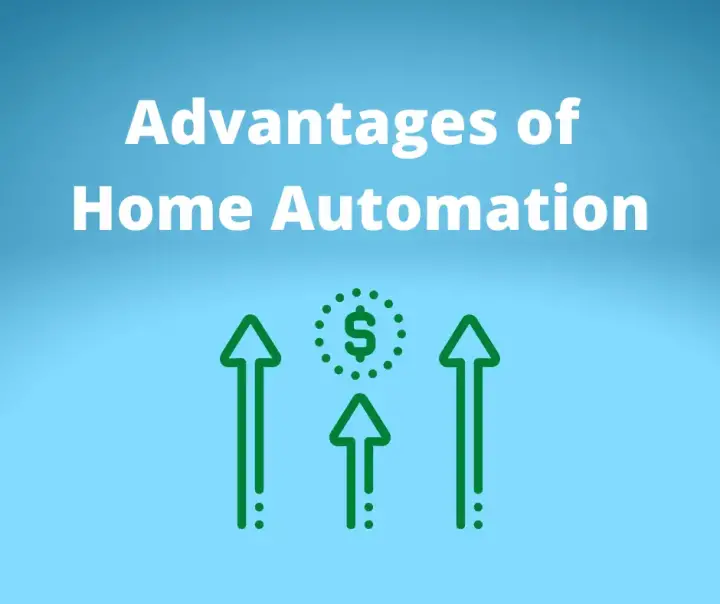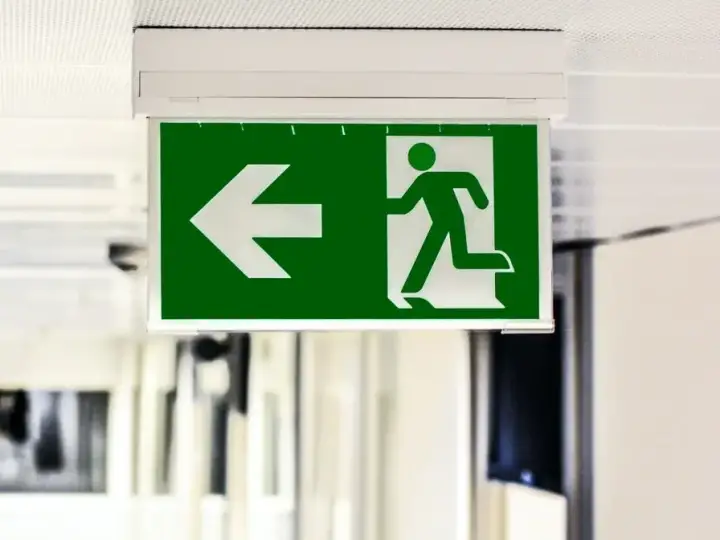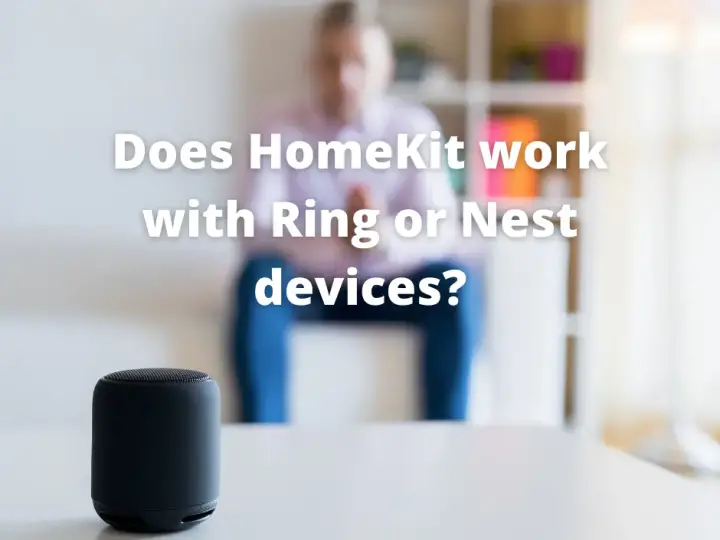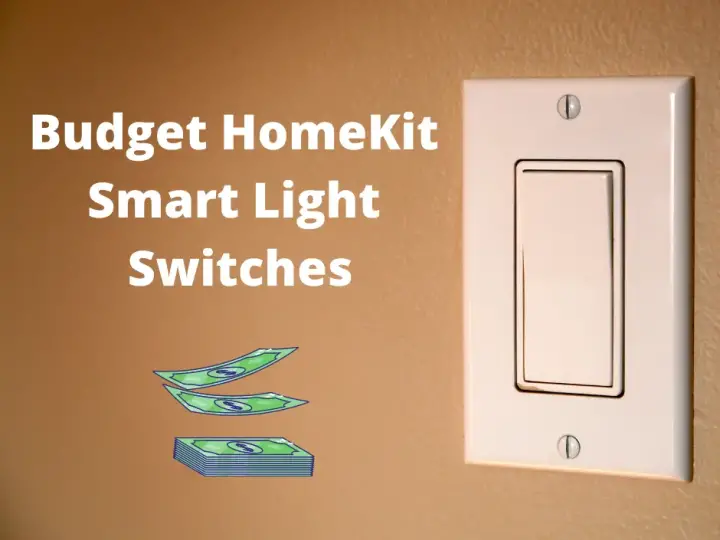9 Powerful Advantages of Home Automation You Don't Want to Miss
Updated on 23rd Sep 2020 19:26 in General, Smart
With big companies like Amazon, Google, and Apple pushing hard into the realm of home automation, many may be wondering what the advantages of such a system are. As there are so many different systems, it would be impossible to list every benefit of every system, so here are 9 advantages of home automation that apply across the board.

Table of Contents
Remote control
Having total control of the climate in your home remotely is admittedly pretty cool, but it goes much further than that. Home automation controllers typically include a management interface that allows granular control of each connected device. Imagine all the appliances in a typical home, now imagine being able to control every one of them while away.
As technology gets better, it isn't hard to imagine that even the most mundane appliances could become smart in the future. While remote control technology is not a new concept, the power it can provide should not be underestimated. Start cooling the house before you get back from work or check that the door is closed from anywhere in the world.
Sometimes being able to unlock the door for a family member that forgot their key without having to physically go there can be a lifesaver. Even within your home, remote control means being able to turn off the lights in a room on the other side of the building. It can certainly be appreciated when you are tucked in bed, and you realize the basement light is still on!
Security benefits
Home automation provides several security benefits. Some are direct, such as a lock on the front door, while others are indirect, such as controlling the lights in your home, ensuring they are on even when you are away to simulate occupancy. Many alarm systems integrate seamlessly into smart homes, allowing users to see alarm states and manage them remotely.
Additionally, through automation, it becomes possible to be notified when certain events happen and even to automatically respond with a specified action. An example of this is to receive a notification if the door is opened while no one is supposed to be home. The system can be set up to detect if people are home or not, and that information can be precious in determining if an event is suspicious.
Smart homes can integrate with contact sensors used on doors and windows, motion detectors, glass break detectors, heat sensors, and more. Any of these sensors can be used to trigger an alarm, but in the context of home automation, they can also perform actions such as turning on the lights if an entry is detected. Many of these can also be useful in everyday situations to detect if the door was closed properly, as an example.
Better energy efficiency
There are several ways that home automation can be more energy efficient. One is to have more granular control over the central thermostat by using a smart thermostat. These devices can control the temperature based on more than just the set point. They can use information such as a schedule or even detecting if anyone is home to adjust the climate accordingly. As a result, there is no longer any wasted energy heating or cooling while no one is even home.
Home automation can also increase energy efficiency by turning off unused lights automatically at night or when everyone is away. The same can be said for any appliance plugged into a smart plug, seriously reducing the chances of leaving something on that will just waste energy all day. This can even work while people are home, by automatically turning off the lights in certain areas after a certain amount of time if they are commonly left on, such as in a closet.
In a completely different angle, smart technology is relatively modern by the standards of what many houses are currently equipped with. This means that upgrading to a smart home will also replace older, less efficient devices with newer ones. Smart bulbs are also usually LED, which can save a considerable amount of energy over time. Using less energy is good for the planet and also means more money saved for you!

Helpful for the elderly
The elderly often don't want to stop living in their homes, and who could blame them? The issue is typically that, with reduced mobility along with some other effects of age, it can become challenging to perform specific tasks or remember everything. One such thing could be taking medication on the correct schedule, which can often be quite tricky.
Home automation can assist with many of these issues, a gentle reminder can be provided if the cabinet containing the medication was not opened that day. Another possibility is to wear a portable smart button to act as a way to signal for help should they suffer a fall or otherwise require assistance.
That isn't to mention all the other ways regular home automation can help as well. Having the blinds open themselves in the morning or carefully controlling the climate are both standard automations. In the context of providing assistance to the elderly, however, the little extra help can allow them to continue living the way they want instead of requiring a retirement home.
Reports on home use
Home automation can make it easy to obtain reports on how you use your home, which can be very valuable in determining how to reduce energy costs, as an example. It can also be useful if there are dependants in the home that you need to keep an eye on. The reports can provide insights on when most people are home, patterns such as individual lights being consistently left on and whether the climate control's set point is ever manually adjusted.
All of this information can be critical in determining if your home is running optimally. If people frequently need to change the temperature setpoint, maybe the default is set too high or low. If the lights in a particular room are always left on despite no one being there, perhaps an automation to turn off the light in that area after a specific time should be added.
These are all ways that home automations can provide insights on how you use your home and what, if anything, you can change to reduce energy usage and save you money.
Save time
Automation usually implies turning something manual into something automatic. Many automations can be easily set up that will save you a bit of time every day. One such example is a morning routine automation that opens the blinds automatically when your alarm goes off. Another example is to turn off all of the lights automatically when you leave in the morning.
Each automation is designed to save you time in one way or another, and there is no shortage of ways for them to do so. Wouldn't it be nice for you to wake up to a pot of freshly brewed coffee? Automations can make this dream a reality and save you so much time. The few seconds these can each save you every day will add up to a large amount of time at the end of every year.

Improved safety
Some automations can help improve safety. Devices such as smoke detectors, carbon monoxide detectors, and water leak sensors are all part of a sound safety system to keep you and your family safe. Home automations can alert you when one of the detectors go off, even if you are away from home. This can prove life-saving if a child or other dependant is at home alone and does not understand what is happening.
An additional benefit is that most smart devices have been manufactured recently, so retrofitting an older home with them can provide a real improvement in safety. Modern equipment is designed and tested to a very high safety standard. As long as the equipment comes from a reputable brand, it should improve the safety of your home.
Convenience
Most home automation systems will include a central control panel from where everything can be controlled. In many cases, this panel provides a single location for doing everything relating to your home. Checking the temperature, alarm state, and anything else has never been easier. Many will even install an iPad or other tablet permanently on a wall so that the panel can be displayed prominently for everyone to see.
As companies work to make their products compatible with every automation system, integrating new devices is becoming increasingly more accessible. The flexibility of smart homes is ever-improving, and eventually, integrating any given device into your existing system should be trivial. The convenience of having such a vast selection to choose from can not be understated, as you can shop for the best product instead of worrying about finding a compatible one.
Peace of mind
One of the most significant advantages of home automation is that it can provide you with unparalleled peace of mind. There is no longer any question about whether you left the door unlocked or the stove on - a smart home allows you to check on all these things from anywhere in the world. If someone did forget to lock the door, it could easily be locked from a control panel accessible remotely.
Being free of home-related stress is a massive benefit that makes smart homes worth it for many, especially if you have other members of the household that might forget to lock the door or turn off the lights. Having the ability to quickly check all of these things is sure to reduce stress caused by the uncertainty of the state of your home.

Conclusion
Sound convincing? If you think you are ready to start setting up a smart home, try out HubFinder to find out which smart hub you should begin with. It will ask you a few questions to try to determine which product is the best for you. It is always possible to get additional hubs later down the road as well, but HubFinder will help locate a good one to start out.



